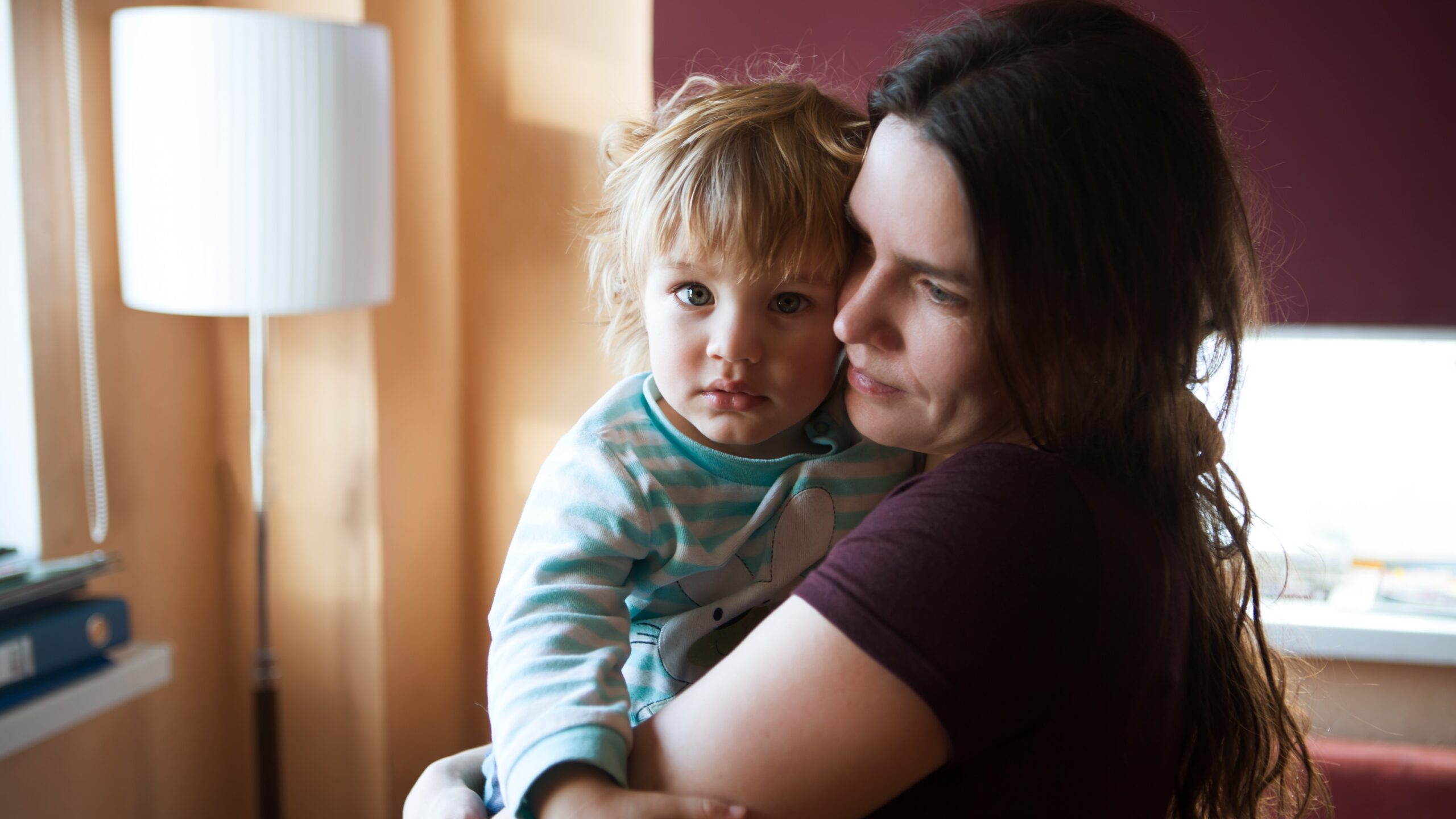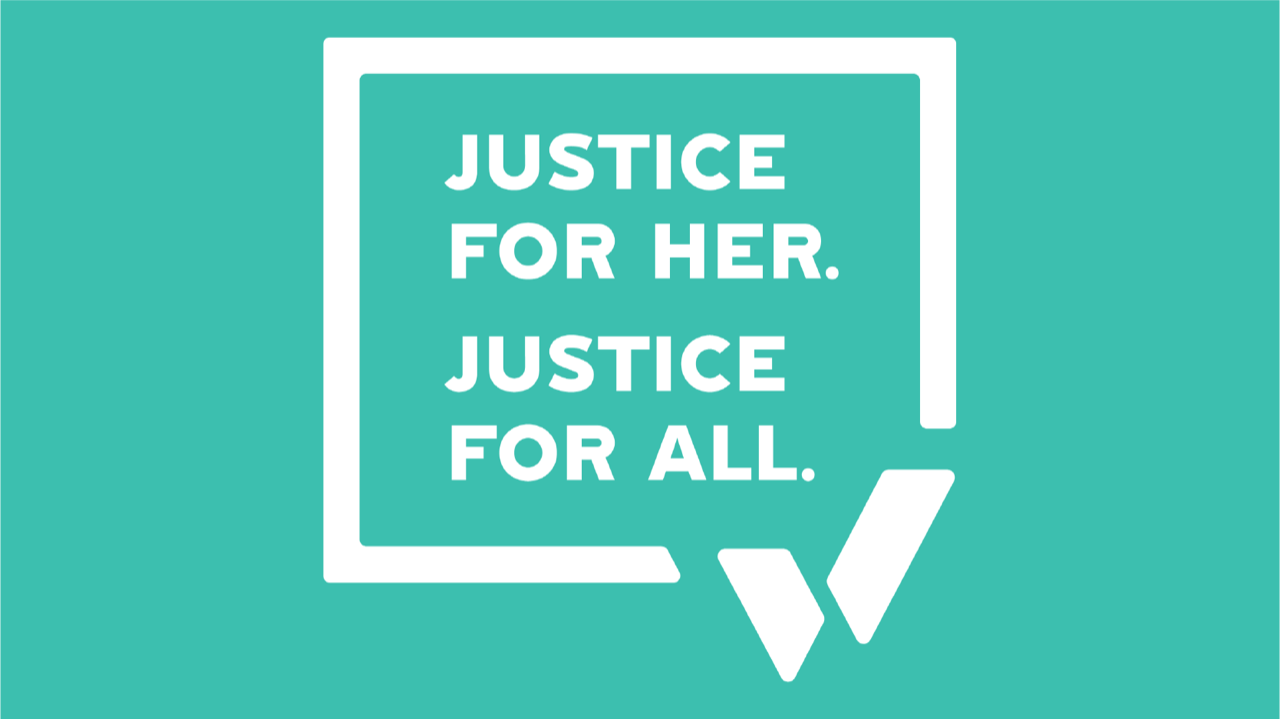Abortion rights, women of color, and LGBTQI+ people are under attack. Pledge to join us in fighting for gender justice.

Well before the pandemic, economic insecurity was a common experience for many U.S. families. While many families experience financial precarity, it does not occur evenly. Women—especially Black, Latina, and Native women, women with disabilities, and immigrant women—and LGBTQ+ individuals have long been disproportionately likely to experience poverty and hardship. These disparities are grounded in gender, racial, and other forms of discrimination across education, housing, health care, employment, tax, and other economic systems. During the pandemic, unsurprisingly, women of color and families with children disproportionately experienced health and economic hardship. And women of color have likewise lagged behind in the economic recovery.
All people should have what they need to live with dignity, including a stable income, an accessible and affordable home, adequate nutrition, and the opportunity to build wealth. Public benefits programs help fill the gaps between insufficient income and the rising costs of food, rent, and raising children. These supports also further long-term economic mobility, improving health, education, and employment outcomes for individuals and families.
This issue brief highlights participation and anti-poverty impacts of key programs that boost nutrition, incomes, and housing affordability.











